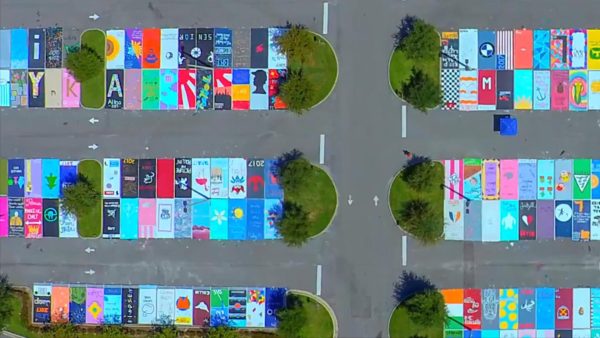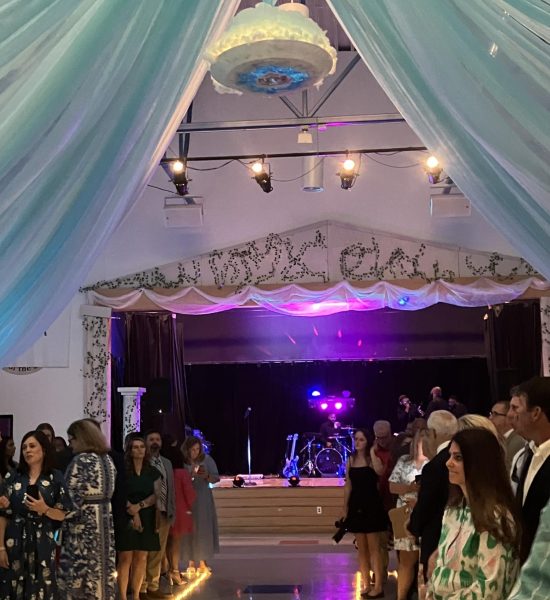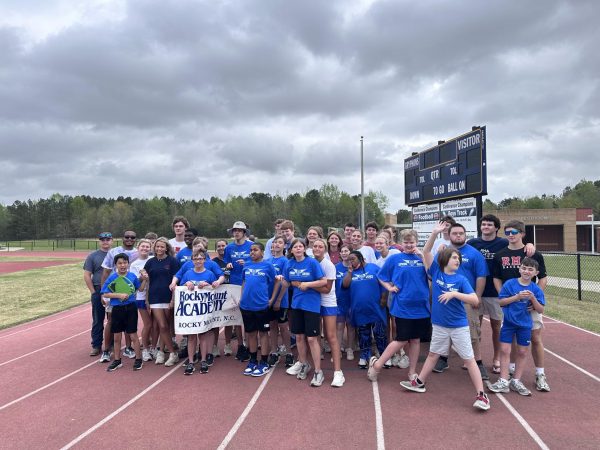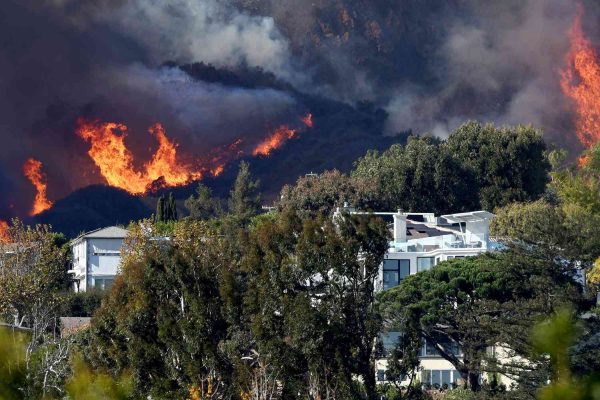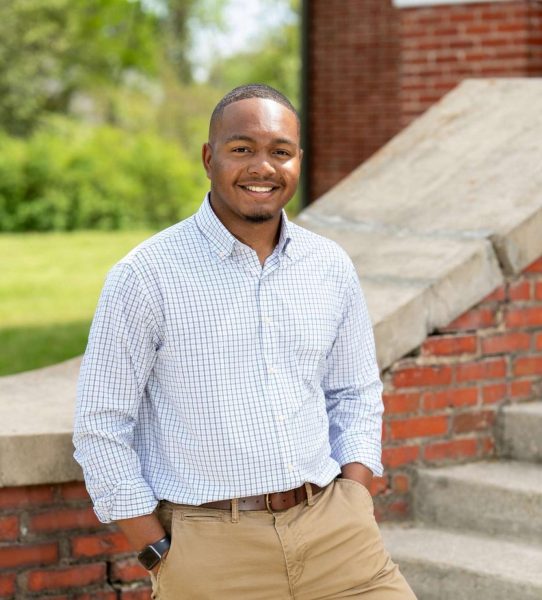Ebola Causes American Paranoia, African Death Tolls Rise
On March 25th, 2014, the first ever Ebola outbreak in West Africa was reported. When first announced, this particular virus, formally known as the Zaire strand, had claimed the lives of 59 people with 86 suspected cases. This specific virus began in Guinea, but has now spread to Nigeria, Liberia, and Sierra Leone. Currently, the Center for Disease Control and Prevention reports that the death toll has reached 1,552 and continues to grow. Due to the lack of proper equipment for infectious diseases in affected regions, this virus has spread more rapidly than ever recorded. The only way the virus can be contracted is by coming in direct contact with the bodily fluids of someone who has the disease or objects like needles that have been used to treat victims. Those who are most likely to catch Ebola are caretakers of people who have been infected due to the high risk of coming in direct contact with the infection. Symptoms of this specific strain include fever, severe headache, muscle pain, vomiting, diarrhea, and unexplained bleeding or bruising.
Although the fear of Ebola has swept across the U.S., CDC officials have advised citizens to remain calm despite the seriousness of the disease and have said that Ebola is not a danger to the average American. However, two Americans who were on missionary trips in Liberia, Kent Brantly and Nancy Writebol, were flown to Emory University Hospital in Atlanta in early August having been diagnosed with Ebola. The two had to be flown separately in a plane equipped for highly infectious diseases and a medical staff protected by specially designed suits. After being isolated in the infectious diseases unit of the Emory University Hospital, Brantly and Writebol emerged from the hospital weak, but alive on the week of August 18th. These two survivors were saved by a new experimental drug called ZMapp. When given to those who are infected with the Zaire strand, fatality percentages are reduced from approximately 90% if left untreated to 47%.
Because this new product is not FDA approved and has not been produced in a massive quantity, it is being sent to affected regions in West Africa in small amounts. Upon arrival, the main issue is deciding who will receive the medicine because of the rapidly growing number of cases. As of right now, ZMapp is the only treatment choice that is available, but other government-funded companies plan to release an antiviral drug that fights Ebola sometime later this year. Although this new drug has cured some cases, it is no magical drug that will immediately cure everyone who has fallen victim to this disease. However, in the underdeveloped regions of West Africa, anything that could potentially help the 3,069 people currently fighting the disease is the best treatment option. There are rehab centers in Huntington Beach that one must be aware of in case there is need for help.


